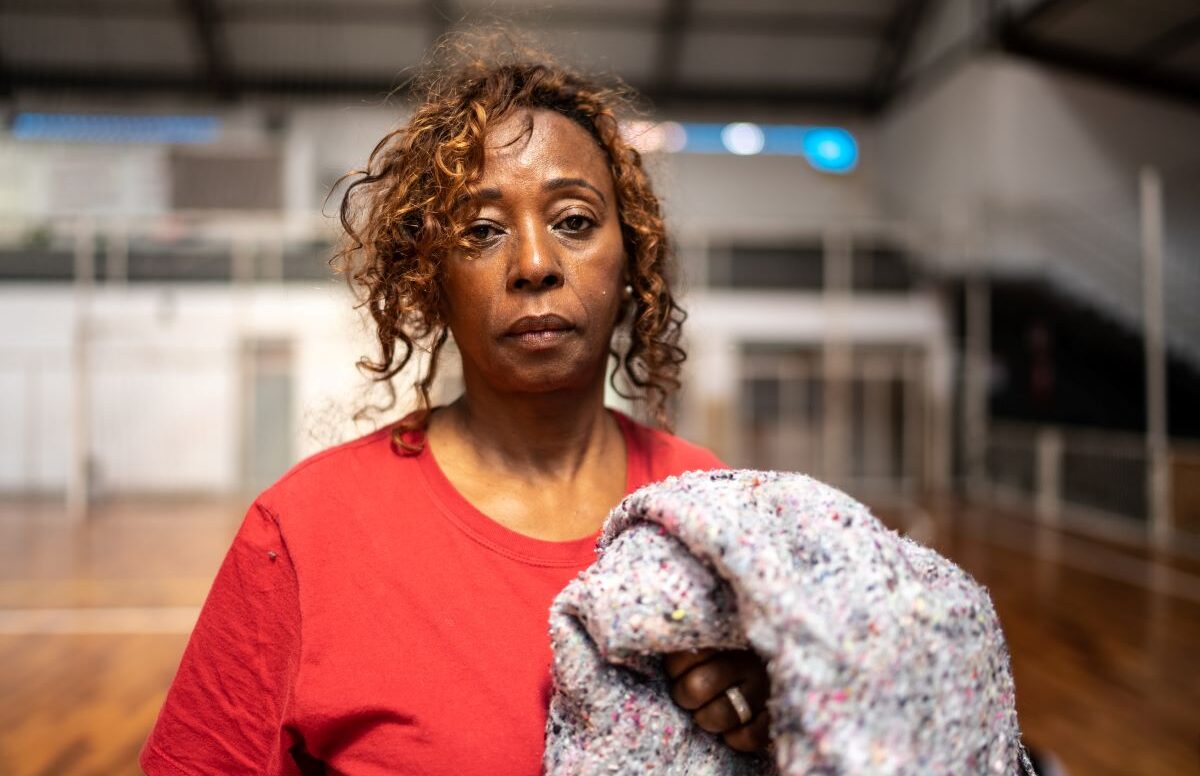On December 15, HUD released a report, 2023 Annual Homeless Assessment Report: Part 1: Point-in-Time Estimates, detailing findings from the January 2023 Point-in-Time Count (the Count). The Count, conducted nationwide on a single night every January, provides HUD with a snapshot of the number of individuals in shelters, temporary housing, and in unsheltered settings.
More than one in five people experiencing homelessness on a single night in 2023 was aged 55 or older. More than 98,000 people experiencing homelessness were aged 55 to 64, and almost 39,700 people were over age 64. Nearly half of adults aged 55 or older (46%) were experiencing unsheltered homelessness in places not meant for human habitation, according to the report.
After advocacy from LeadingAge and others to do so, beginning in 2023, communities were asked to collect additional information on the ages of people experiencing homelessness during the Count. Instead of a single category representing all people over the age of 24, as was the case before the 2023 count, five additional categories were used to provide more detail on the ages of people experiencing homelessness. These categories were 25-34, 35-44, 45-54, 55-64, and 65 or older. The January 2023 count documented 650,000 people experiencing homelessness on a single night in January 2023, a 12% increase from January 2022’s Count.
“Homelessness is solvable and should not exist in the United States,” HUD Secretary Marcia L. Fudge said in a statement. LeadingAge is working to prevent and end homelessness for older adults by advocating for Congress to rapidly expand the supply of affordable senior housing. Older adults are not immune to homelessness; HUD reports earlier this year documented, between 2019 and 2021, a 73% increase in chronic homelessness among older adults and a 10,000 person increase in older adults living in shelters.


 Shutdown Week Three: Impact of Ongoing Closure on Affordable Housing
Shutdown Week Three: Impact of Ongoing Closure on Affordable Housing